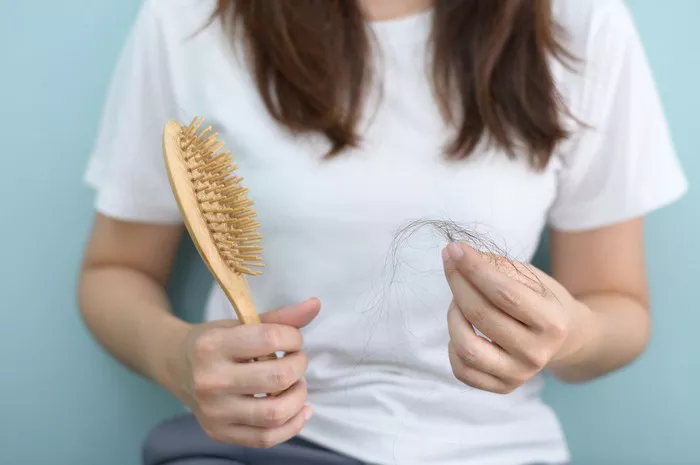Hair loss is a distressing condition that affects millions of people worldwide, with various factors contributing to its onset and progression. Cortisol, often referred to as the “stress hormone,” is known to play a significant role in the body’s response to stress and can impact various physiological processes. But does high cortisol really cause hair loss? In this article, we delve into the relationship between cortisol levels and hair loss, exploring the evidence, mechanisms, and implications.
Understanding Cortisol
Before exploring its potential effects on hair loss, it’s essential to understand what cortisol is and its role in the body:
Stress Hormone: Cortisol is a steroid hormone produced by the adrenal glands in response to stress. It plays a crucial role in the body’s “fight or flight” response, helping to regulate metabolism, immune function, and stress response.
Diurnal Rhythm: Cortisol levels fluctuate throughout the day, following a diurnal rhythm characterized by higher levels in the morning and lower levels in the evening. This natural variation helps regulate energy levels, mood, and wakefulness.
Chronic Stress: Prolonged exposure to stress can lead to chronically elevated cortisol levels, disrupting the body’s hormonal balance and potentially affecting various physiological systems.
Can High Cortisol Cause Hair Loss?
While cortisol itself may not directly cause hair loss, chronic stress and elevated cortisol levels have been implicated in a type of hair loss known as telogen effluvium. Here’s how high cortisol levels can contribute to hair loss:
Disruption of Hair Growth Cycle: Chronic stress and high cortisol levels can disrupt the normal hair growth cycle, leading to an increased proportion of hair follicles entering the resting phase (telogen) prematurely. This disruption can result in excessive shedding and thinning of hair, a condition known as telogen effluvium.
Inflammatory Response: Elevated cortisol levels can trigger an inflammatory response in the body, including the scalp. Chronic inflammation may damage hair follicles, interfere with the normal hair growth cycle, and contribute to hair loss.
Hormonal Imbalance: Chronic stress can disrupt the delicate balance of hormones in the body, including cortisol, thyroid hormones, and sex hormones. Imbalances in these hormones can affect various physiological processes, including hair growth and follicle health.
Microcirculation Impairment: High cortisol levels have been associated with impaired microcirculation, including reduced blood flow to the scalp. Poor scalp circulation can deprive hair follicles of essential nutrients and oxygen, compromising their health and contributing to hair loss.
Factors Influencing Cortisol Levels and Hair Loss
Several factors can influence cortisol levels and their impact on hair loss:
Stress: Chronic stress, whether physical, emotional, or psychological, can lead to sustained elevation of cortisol levels, increasing the risk of hair loss.
Lifestyle Factors: Factors such as poor diet, inadequate sleep, sedentary lifestyle, and substance abuse can contribute to chronic stress and dysregulation of cortisol levels, exacerbating hair loss.
Underlying Health Conditions: Certain medical conditions, such as Cushing’s syndrome, adrenal gland disorders, and thyroid imbalances, can lead to elevated cortisol levels and hair loss. Treating the underlying condition may help alleviate hair loss symptoms.
Medications: Some medications, such as corticosteroids used to treat inflammatory conditions, can increase cortisol levels and contribute to hair loss as a side effect.
Conclusion
In conclusion, while high cortisol levels themselves may not directly cause hair loss, chronic stress and cortisol dysregulation have been implicated in conditions such as telogen effluvium. Understanding the complex interplay between stress, cortisol levels, and hair loss is crucial for developing effective strategies for prevention and management. By adopting stress management techniques, maintaining a healthy lifestyle, and seeking appropriate medical interventions, individuals can mitigate the impact of high cortisol on hair health and maintain a full, healthy head of hair. It’s essential to address underlying stressors and hormonal imbalances to promote overall well-being and preserve hair health for the long term.
What Can You Do For Hair Loss Due To Stress


